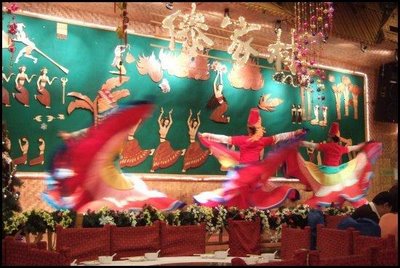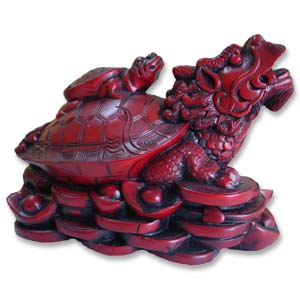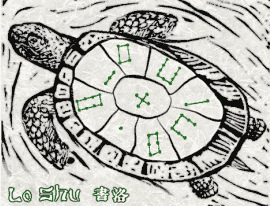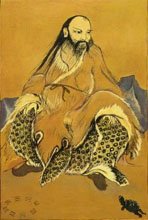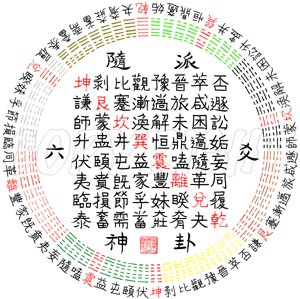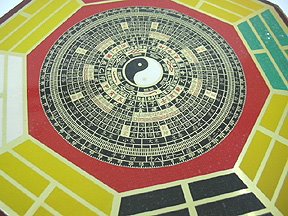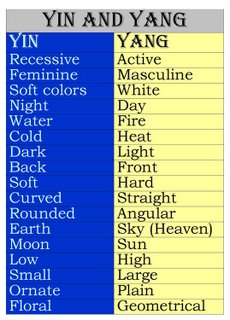Here are our top tips for pumping up your door:
- Your front door should be in proportion to your home. If the front door is too big, you can miss opportunities, and if it is too small, it can cause disharmony.
- Avoid a "shotgun shack" - which means that you can see straight through the front door out to the back through another window or door. Symbolically slow down the the energy flow to the back by adding a curtain, mobile, or plant.
- A front door should open inwards to allow Chi to enter.
- It is important that the front door opens easily without obstacles or difficulties. If the door doesn't open all the way - it means your opportunities are hindered. Doors with broken elements must be fixed or replaced. Hinges should be oiled regularly.
- Make certain that the name or number of your house is clearly visible by day and night in order to maintain harmonious relationships with visitors.
- Take a look out your door, and see if there are any 'poison arrows' - which is anything sharp or dangerous that points towards your door. If you feel you have poison arrows directed at your home place a Bagua mirror (see below) above the door to deflect them.
- Get a Feng Shui consultation, and find out which door is best for you to use. Use your best door exclusively. Having two main entry doors can cause unnecessary bickering and arguments. It is OK to use the other door if you need to take the trash out, etc.
- South (Fire) = Red
- Southwest (Earth) = Earth colors, or red/pink for relationships
- West (Metal) = White, silver, copper or gold
- Northwest (Metal) = White, silver, copper or gold
- North (Water) = Black or blue

- Northeast (Earth) = Earth colors, black, blue or green
- East (Wood) = Green, brown
- Southeast (Wood) = Red, blue, purple, green
Do not keep shoes near your front door; they constitute clutter and create stagnant energy. You may put shoes at the back door, but try to put them out of sight.
As for the front, make sure the pathway is clear, clean, colorful, and the way is obvious. This is your visitor's first impression and you want it to be a good one.



